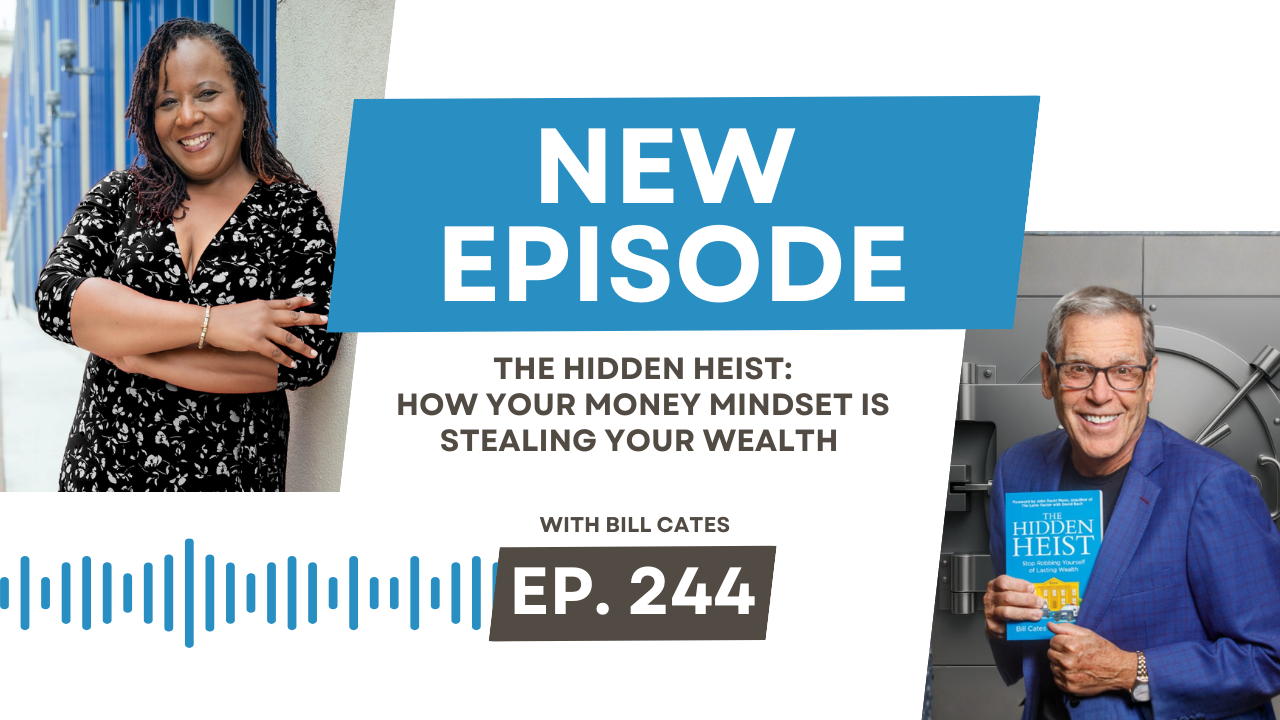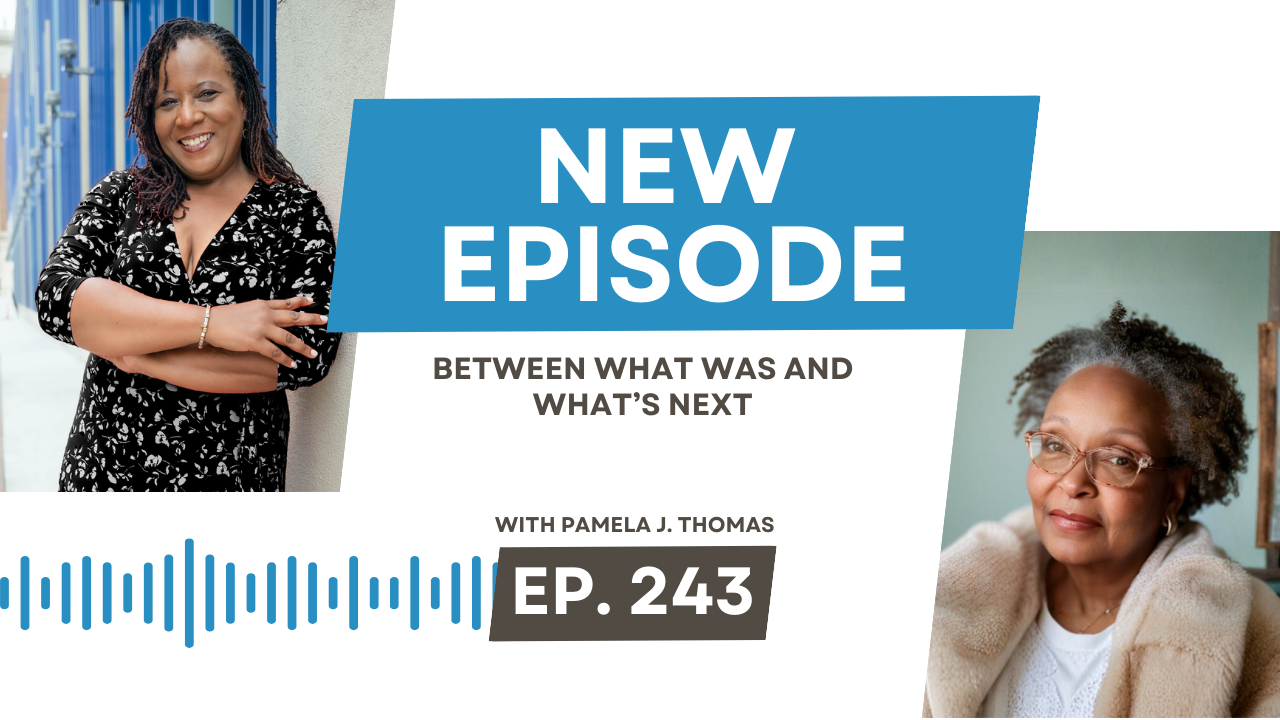Money, at its core, may seem like a straightforward subject, but when we dig deeper, we discover that it’s not just about numbers and transactions. The intriguing relationship between emotions such as shame, guilt, fear, and other internal struggles, how they can impact our financial lives, the hidden dimensions of money, and its profound effects on our emotional well-being were revealed in the previous episode with Pegi Burdick.
Overcoming these emotional barriers will lead to financial success:

-
- Shame. The Silent Saboteur, often lurking beneath the surface, can significantly impact our financial decisions. Feelings of unworthiness and self-judgment can hinder our ability to take action, make sound investments, and seek opportunities for financial growth. We need to discover strategies to overcome shame and cultivate a healthier mindset toward money.
-
- Guilt. The Weight of Financial Choices, and the unresolved guilt, can burden our financial lives. Past decisions or perceived failures created a sense of guilt, leading to self-sabotage, impulsive spending, or an aversion to wealth accumulation. Let’s find ways to release guilt and make proactive choices that align with your financial goals.
-
- Fear. It is a powerful emotion that can hold us back from making smart financial moves. We need to address common fears such as the fear of loss, fear of failure, or even fear of success. By understanding and confronting these anxieties, we can develop resilience and embrace a more empowered relationship with money.
-
- Emotional Isolation. Finding Support in Financial Journey. Navigating financial challenges alone can intensify emotional distress. Seeking support networks, sharing experiences, engaging in open conversations about money, and connecting with others can provide a sense of belonging and emotional stability during financial ups and downs.
-
- Depression and Helplessness. Reigniting the Spark. Financial difficulties can lead to feelings of depression and helplessness. Break free from despair and regain control over your financial life by exploring the vicious cycle between financial stress and emotional well-being, and applying practical strategies.
-
- Addiction and Financial Ruin. Addictive behaviors can wreak havoc on our finances. Addictions, whether related to substances, shopping, or gambling, can deplete our financial resources and contribute to a perpetual cycle of financial struggle. Learn techniques for overcoming addiction and rebuilding a solid financial foundation.
-
- Embracing Order amidst Chaos. Chaos in our personal lives can spill over into our financial realm. Establishing order, creating budgets, and developing healthy financial habits can provide stability and help us regain control during turbulent times.

Conclusion
The emotions we experience in our daily lives are intimately linked with our financial well-being. By acknowledging and understanding the emotional aspects of money, we can gain greater control over our financial choices and work towards a healthier relationship with our finances.
It is essential to address our emotions surrounding money, seek support when needed and cultivate the power of relationships in achieving your goals.
Embrace the journey of self-discovery, and let your emotional awareness guide you toward financial empowerment.






